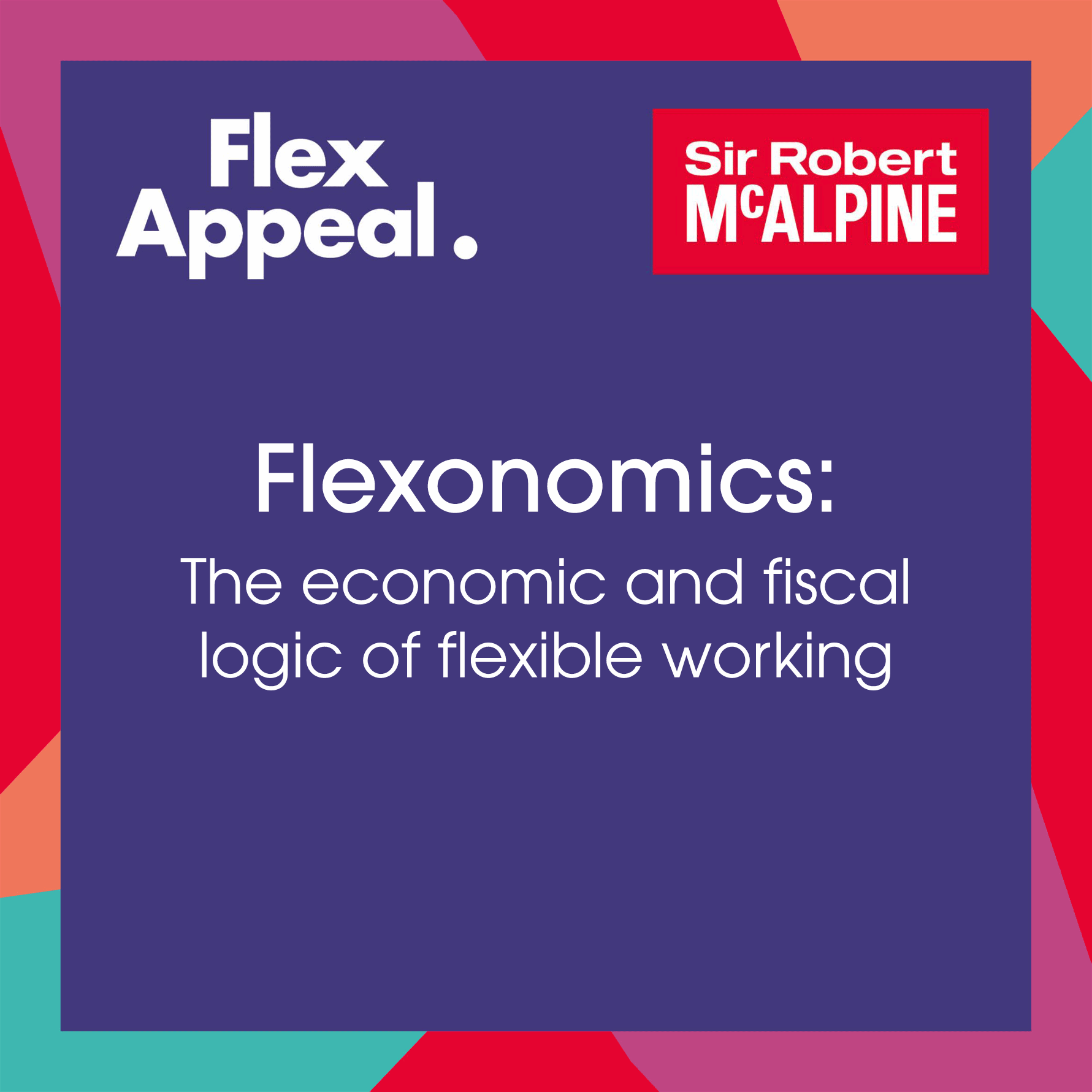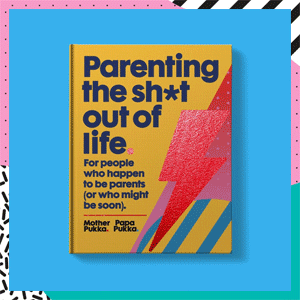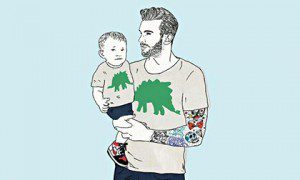

The focus of Flex Appeal – a campaign to push for flexible working for all in a bid to reduce stress-related burnout and increase productivity – has been in the UK. Here we look beyond the English Channel to Japan where 60-hour weeks are the norm and people are literally working themselves to death. *Thanks to translation support from Miro Tanuko.


Miriki Takahashi remembers where she was when her daughter, Matsu told her she got a job at a big Japanese advertising firm. “I was stood in our garden next to the family’s favourite blossom tree, trying to get reception and I remember I was so happy she got the job,” she said. “I was a proud mother,” she continued. Matsu had always wanted to work in a creative industry and this was a great opportunity in Japan’s competitive graduate jobs market. But just one year later things started to change. “She was never available to talk to us but would text occasionally to say she was OK,” she said.
One weekend Matsu came home to her parents and wouldn’t eat and couldn’t get out of bed. “She just asked to sleep all day, even though we had a family engagement and I realized something was wrong.” She learned from Matsu’s colleagues later that she’d been working around the clock, continuing until the last train, sometimes working 48 hours straight and often sleeping in the office overnight.
On Christmas Day in 2015 Matsu took her own life. She was 24. It emerged she had barely slept after working more than 100 hours of overtime a month in the period leading up to her death. Her death was officially rule a case of ‘karoshi’ – the Japanese term to describe death attributed to overwork.


Japan has a culture of long working hours and this is not a new phenomenon but recent cases like Matsu’s have thrust karoshi back into the spotlight. In 2018, over 2,000 people died by suicide due to work-related stress according to The Japanese Statistics Portal. The death numbers peaked in 2011 with almost 2,700 suicide victims in total.
“The Japanese people count on the government but they are being betrayed,” says Koji Morioka, an academic who has studied the karoshi phenomenon for 30 years. Miriki says the country is killing the very workers it should be supporting. “Businesses just focus on immediate profit,” she says. “My daughter and other young workers want to work, they are ambitious. But these levels of stress cannot continue, the death toll and health issues of this current capitalist government cannot continue. Our family is struggling to continue.”


Early in 2018, the government introduced Premium Fridays, encouraging firms to let their employees out early, at 3pm, on the last Friday each month. They also want Japanese workers to take more holiday. Workers are entitled to 20 days leave a year but currently about 35% don’t take any of it.
In the local government offices in Toshima, a district of downtown Tokyo, they now switch off the office lights at 7pm in an attempt to turf people out of the office. “We wanted to do something strong,” said government official, Januko Hutemi. “There needs to be a huge shift in the way we work. We are currently just going through the motions like hamsters in a machine that is running too quickly. Noone can be healthy in these conditions and no one can be productive. The people lose their minds and the company loses out.”


In focusing on productivity and efficiency, he may have a point. While the country may have some of the longest working hours it is the least productive of the G7 group of developed economies.
The only solution campaigners believe will work is to put a legal limit on the overtime employees are permitted to work.
Critics say the government is prioritising business and economic interests at the expense of the welfare of workers. Even though these heartbreaking images from photographer Jamie Macgregor are very closely associated with Tokyo, they reveal more about how we’re being used on a daily basis by corporations and capitalist systems. Do we think beyond what we are doing and should, we perhaps, be asking: who are we doing it for?


In the UK, Samaritans can be contacted on 116 123 or emailjo@samaritans.org. In the US, the National Suicide Prevention Lifeline is 1-800-273-8255. In Australia, the crisis support service Lifeline is 13 11 14. Other international suicide helplines can be found at www.befrienders.org.











